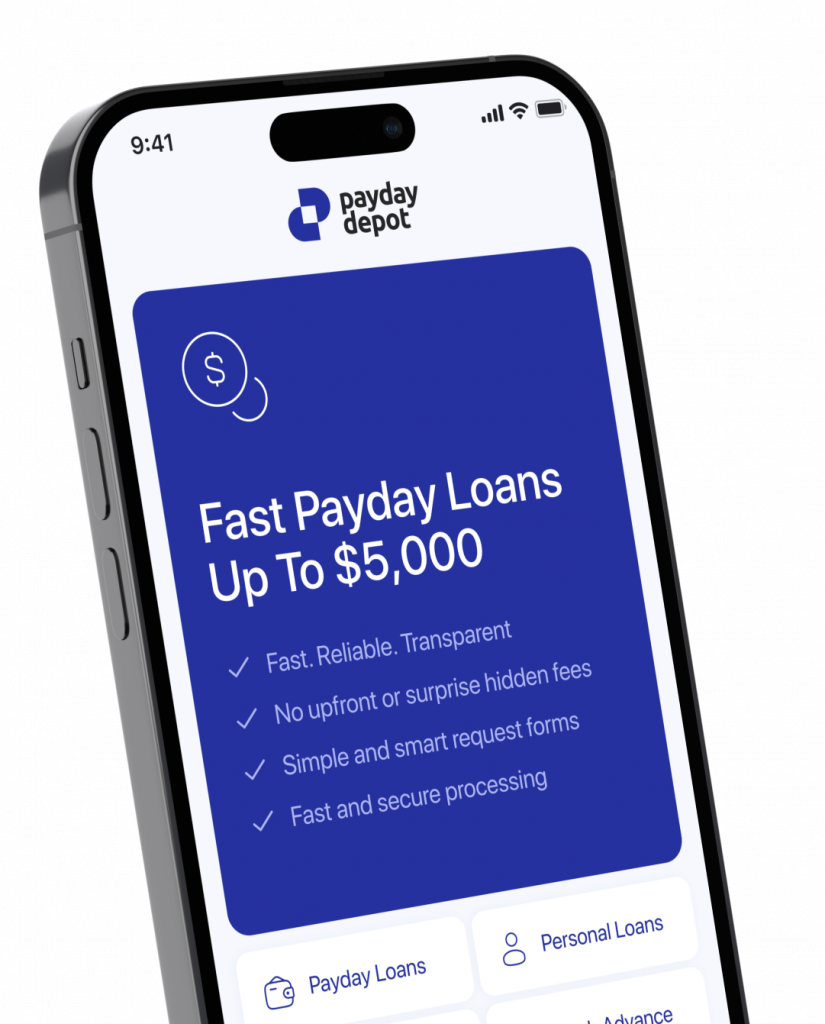Are Payday Loans Legal?

Payday loans are short-term loans geared toward borrowers with poor credit or limited credit history. They’re typically easy and can be used to help cover small financial emergencies like car repairs, medical bills, or other unexpected expenses.
But when it comes to the question of whether or not they’re legal, this depends on your state. The Federal Trade Commission (FTC), a U.S. government agency, helps regulate payday lending in the country. In some states, payday loans are heavily regulated or outright illegal. Other states make payday loans legal and have more relaxed laws for lenders.
States Where Payday Loans are Legal
Payday loans are currently legal in the following 37 states:
- Alabama
- Alaska
- California
- Colorado (heavily regulated)
- Connecticut
- Delaware
- Florida
- Idaho
- Illinois
- Indiana
- Iowa
- Kansas
- Kentucky
- Louisiana
- Maine
- Michigan
- Minnesota
- Mississippi
- Missouri
- Montana
- Nebraska
- Nevada
- New Hampshire
- North Dakota
- Ohio
- Oklahoma
- Oregon
- Rhode Island
- South Carolina
- South Dakota
- Tennessee
- Texas
- Utah
- Virginia
- Washington
- Wisconsin
- Wyoming
States Where Payday Loans are Prohibited
The following states and U.S. territories have made payday lending illegal:
- Arizona
- Arkansas
- District of Columbia
- Georgia
- Guam
- Hawaii
- Maryland
- Massachusetts
- New Jersey
- New Mexico
- New York
- North Carolina
- Pennsylvania
- Puerto Rico
- Vermont
- Virgin Islands
- West Virginia
Payday Loans Regulations
In states where payday loans are legal, payday lenders typically have to comply with certain federal and state laws. Depending on the state, these short-term loans may be limited in the following ways:
- Maximum finance charges: Payday lenders typically charge a fee for taking out a loan. This fee is either based on the dollar amount borrowed or a percentage of the amount. Many states allow lenders to charge between $10 and $30 per $100 borrowed.
- Maximum loan amount: Payday loans are usually capped out at around $500, though some states allow for larger or smaller loan amounts.
- Maximum number of simultaneous loans: In certain states, you may only be able to take out one payday loan at a time.
- Minimum and maximum loan repayment term: A typical payday loan comes with a 2- to 4-week repayment term. However, some states have their own terms. In Wisconsin, for example, the maximum term is 90 days. In Rhode Island, the minimum term is 13 days.
Keep in mind that payday lending laws change regularly. Check with your state attorney general office or state regulator about the specific regulations or requirements. While you’re at it, make sure any lender you’re considering is licensed to operate in your state.
The Military Lending Act and Payday Loans
If you’re an active service member or a dependent, you may have additional protections under the Military Lending Act (MLA). This Act regulates payday loans, title loans, cash advances, and other financial products — regardless of where you live. For example, payday lenders cannot charge more than 36% APR (annual percentage rate) on their loans.
Tribal Lenders and Payday Loans
Tribal payday loans work similarly to other payday loans. The main difference is that tribal lenders are typically owned and operated by Native American reservations.
Because of this, these lenders may be able to avoid certain state laws. For example, they may be able to offer larger loan amounts or longer repayment terms.
Generally, tribal lenders must still meet federal payday lending guidelines. When in doubt, speak with your state attorney general’s office or check with the lender’s Better Business Bureau (BBB) page to see if a lender is allowed to operate in your state.



